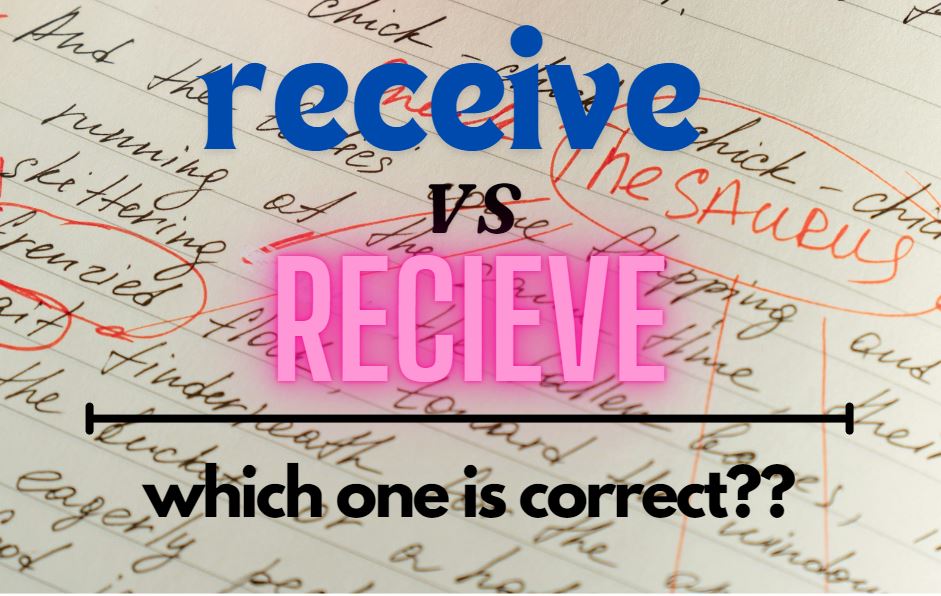Table of Contents
What Are Homophones?
Homophones are words that sound the same but have different meanings and sometimes different spellings. For example, “knight” and “night” sound the same but mean different things. Learn more about common homophones at The Most Common Homophones.
What Does “Wear” Mean?
The word “wear” is usually a verb. It means to have clothes, shoes, or other items on your body. For example, you wear a jacket or wear glasses. “Wear” can also mean that something gets old or damaged from being used a lot, like shoes that start to wear out.
“Wear” can also be a noun, which refers to the damage that happens when something is used a lot, like wear on a carpet where people walk the most.
What Does “Ware” Mean?
On the other hand, “ware” is a noun. It refers to products or goods that are made and sold. Words like “cookware” for pots and pans or “hardware” for tools and equipment use “ware” to describe the type of product.
Here are some examples of using “ware“:
- “The store has a big selection of kitchenware.”
- “All glassware is on sale this week.”
How to Remember the Difference
It can be easy to mix up “wear” and “ware” because they sound the same. Here’s how to remember which is which:
- Use “wear” when talking about clothes or something getting old or damaged.
- Use “ware” when talking about products or things you can buy.
Having Trouble?
If you’re finding these distinctions challenging or need help with your writing, consider using our proofreading service. One of our editors will gladly assist you. Visit Professional Proofreading for more details. Our proofreading prices start at only £6.99 per 1000 words, offering an affordable way to ensure your writing is clear and error-free. Learn more about our pricing at Proofreading Cost per 1000 Words.
FAQs About “Wear” and “Ware”
- Can “wear” be used as a noun?
Yes, “wear” as a noun talks about the damage from using something a lot, like the wear on an old sofa.
- Do “wear” and “ware” have other meanings?
Mostly, “wear” is about clothes or damage, and “ware” is about items for sale. Sometimes, “wear” can mean to tire out, and “ware” can be part of words for specific products.
- How can I easily tell “wear” and “ware” apart?
Think of “wear” with clothes and “ware” with a warehouse where goods are stored.
- Do people often confuse “wear” and “ware” in writing?
It happens, but knowing their meanings helps avoid mistakes.
- Are there pronunciation tricks to distinguish “wear” from “ware”?
They sound the same, so focus on the context to choose the right word.
Conclusion
Knowing the difference between “wear” and “ware” helps you use the right word at the right time. Remember that “wear” is about clothes or damage, and “ware” is about products you can buy. Understanding these can make English easier to use. Check out related topics like Affect vs. Effect and Receive or Recieve? for more learning. If you need extra help, our proofreading services are a click away.
Additional Resources
For more insights into other grammar topics, check out these additional resources:
- Expand your vocabulary by exploring alternative ways to use ‘as well as‘ in your writing. Check out our list of alternative synonyms here.
- If you’re looking to improve word choice and clarity, take a look at our guide on finding alternative words for “however”—perfect for adding variety and precision to your writing.
- Need more inspiration? Discover a range of words to describe a person to make your descriptions truly stand out.






